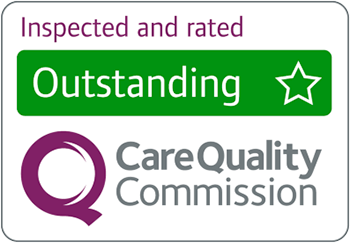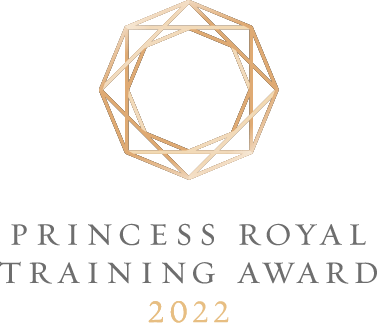Extra carer training for complex care
- Carers needed now
Experience for every occassion
Our clients have a wide range of needs, from companionship care to more complex conditions. This makes it essential our carers get ongoing support and training in each of these areas, so they can provide the best care for our clients.
Our condition specific, complex care training is supplementary to our 10 day induction programme and we run a variety of carer training courses throughout the year. This means if you have a range of clients, you will be equipped to care for a variety of needs. It also means if your client’s condition becomes more complex, we can give you the skills and knowledge you need to continue to provide care for a range of needs.
Carer training for a range of complex needs
Multiple Sclerosis affects many of our clients. Our training gives carers a comprehensive understanding of this disease and the conditions affecting people living with MS.
The course has been compiled with the help of the Multiple Sclerosis Society and training has been adapted to answer the questions most often asked by carers.
The course covers:
- What is Multiple Sclerosis?
- Types of Multiple Sclerosis
- Diagnosis and treatment
Many of our clients have Parkinson’s disease so our training has been designed around feedback from our carers who care regularly for clients living with Parkinson’s disease.
With training given directly by Parkinson’s UK, our in-house trainers have adapted Parkinson’s UK training to fit the circumstances likely to be encountered by a live-in carer.
The course covers:
- The History of Parkinson’s
- Non-motor symptoms
- Causes and diagnosis
- Treatments and progression
- Mobility and exercise
- Looking after the bladder and bowel
Stroke and the effects of stroke, affect a large number of our clients. Many have a live-in carer for a short-term period to help their rehabilitation as they re-learn skills and recover speech and mobility.
Our Stroke Awareness and Care training course gives carers the skills they need to care for stroke survivors. Our in-house training team have received their own training directly from the Stroke Association, and equip carers with comprehensive and practical advice to help their clients through recovery.
This one day course covers:
- What is a stroke?
- Risks and causes
- Signs and symptoms
- Long-term effects
- Diagnosis and treatments




Interested in joining us?
If you would like to apply to be a carer in one of our live-in care jobs and become part of an award-winning care team providing live-in and visiting home care across the UK, contact us today on 01728 605 060 or use for form belown to begin your application process.